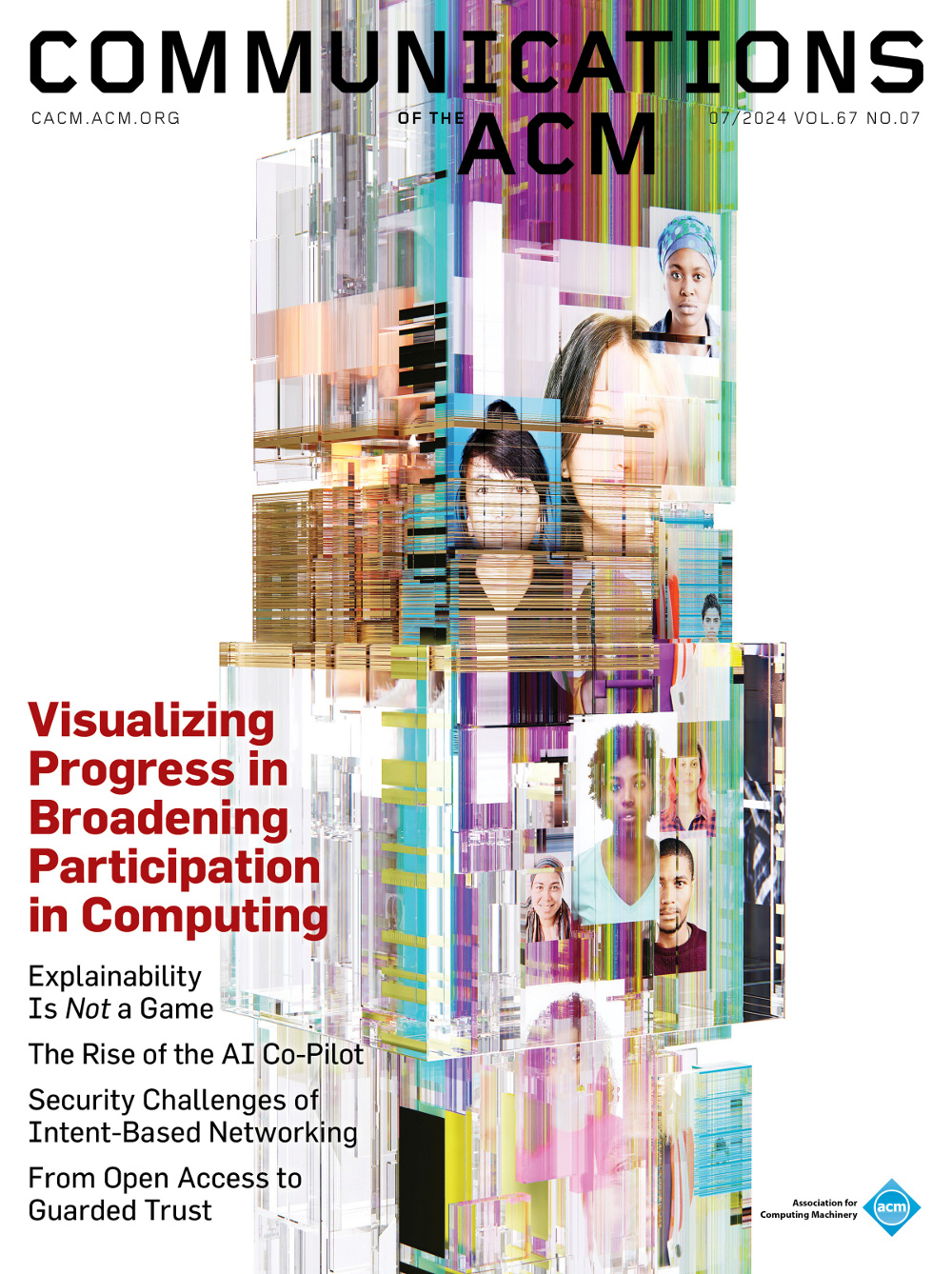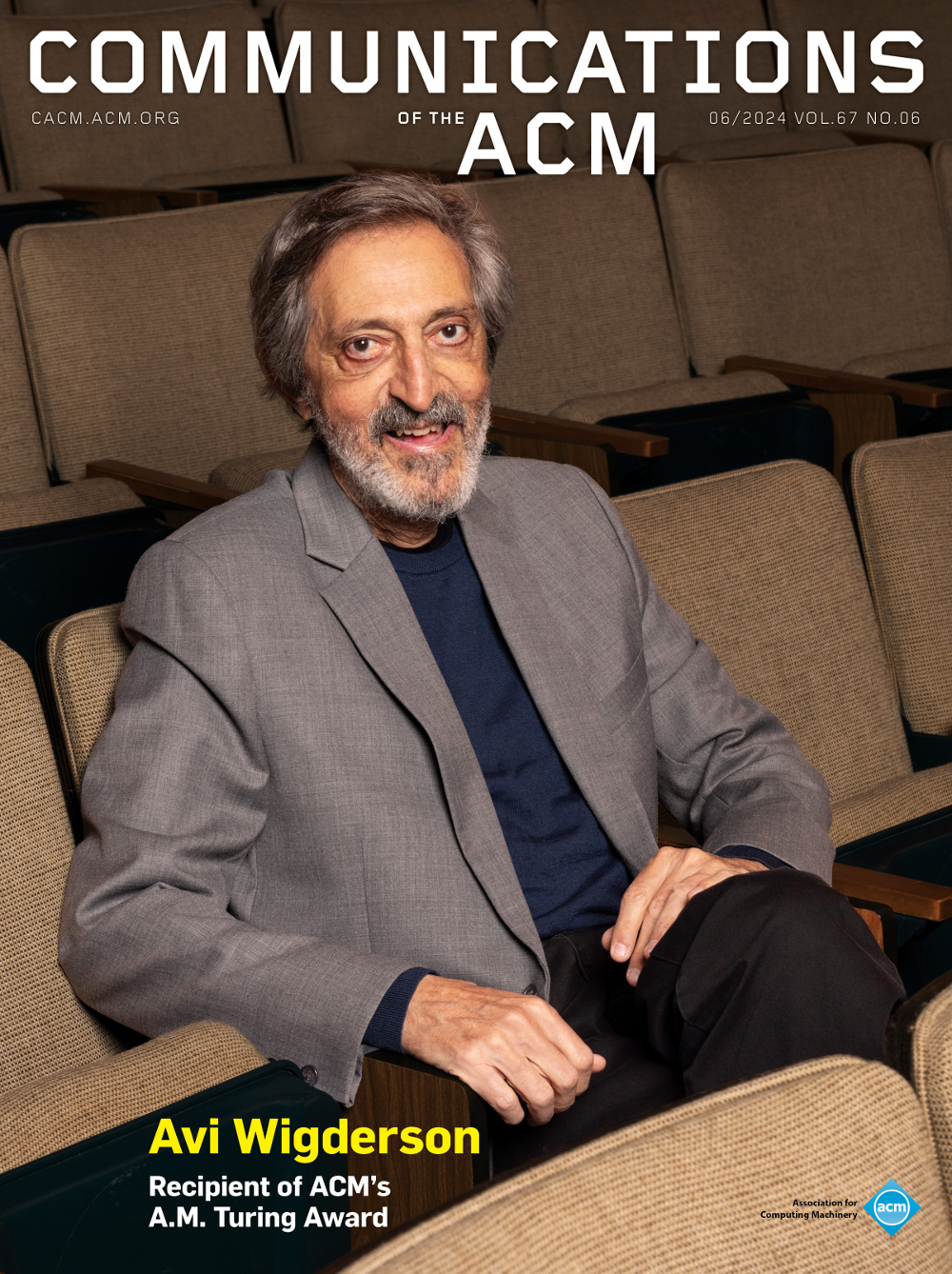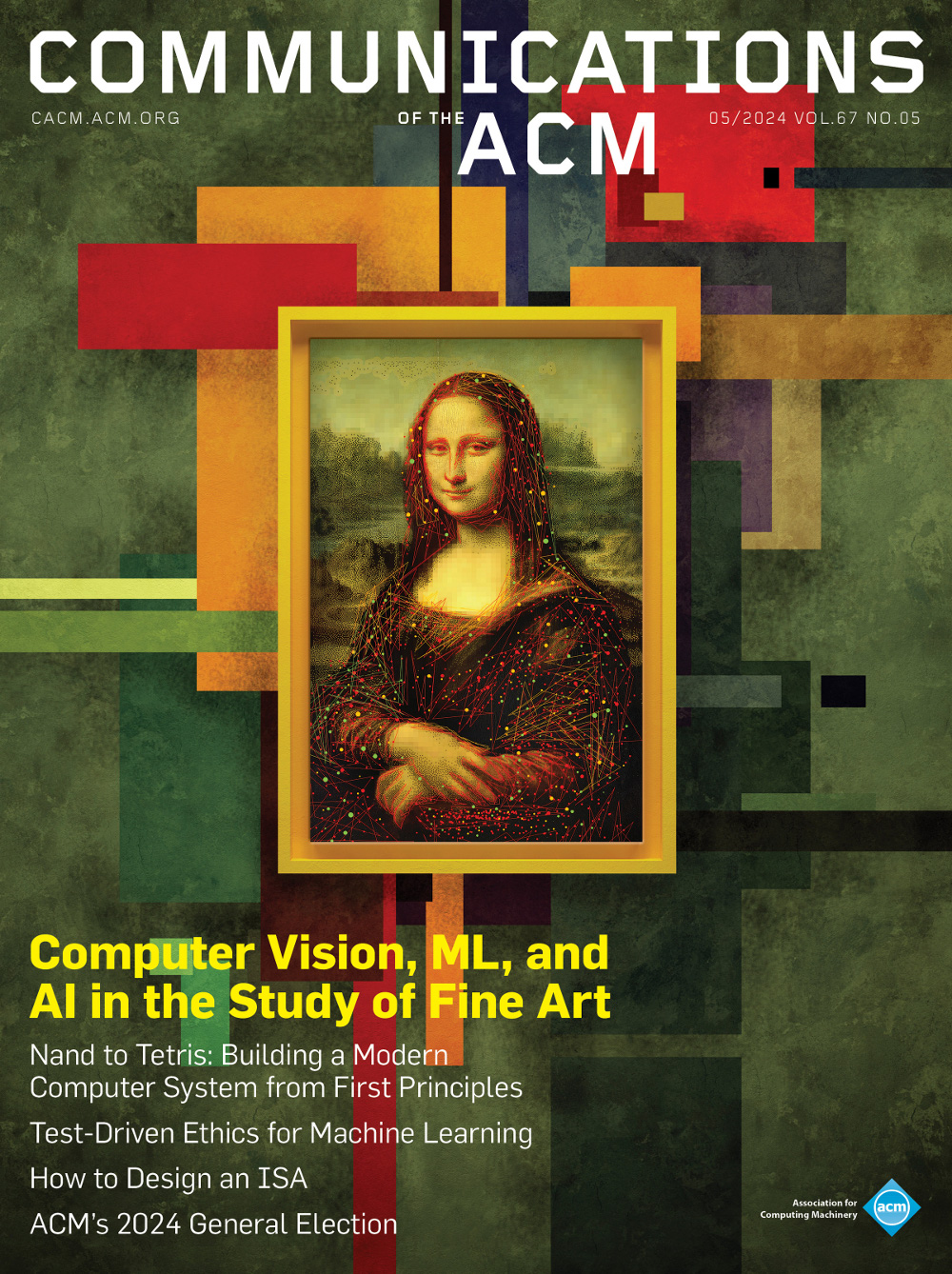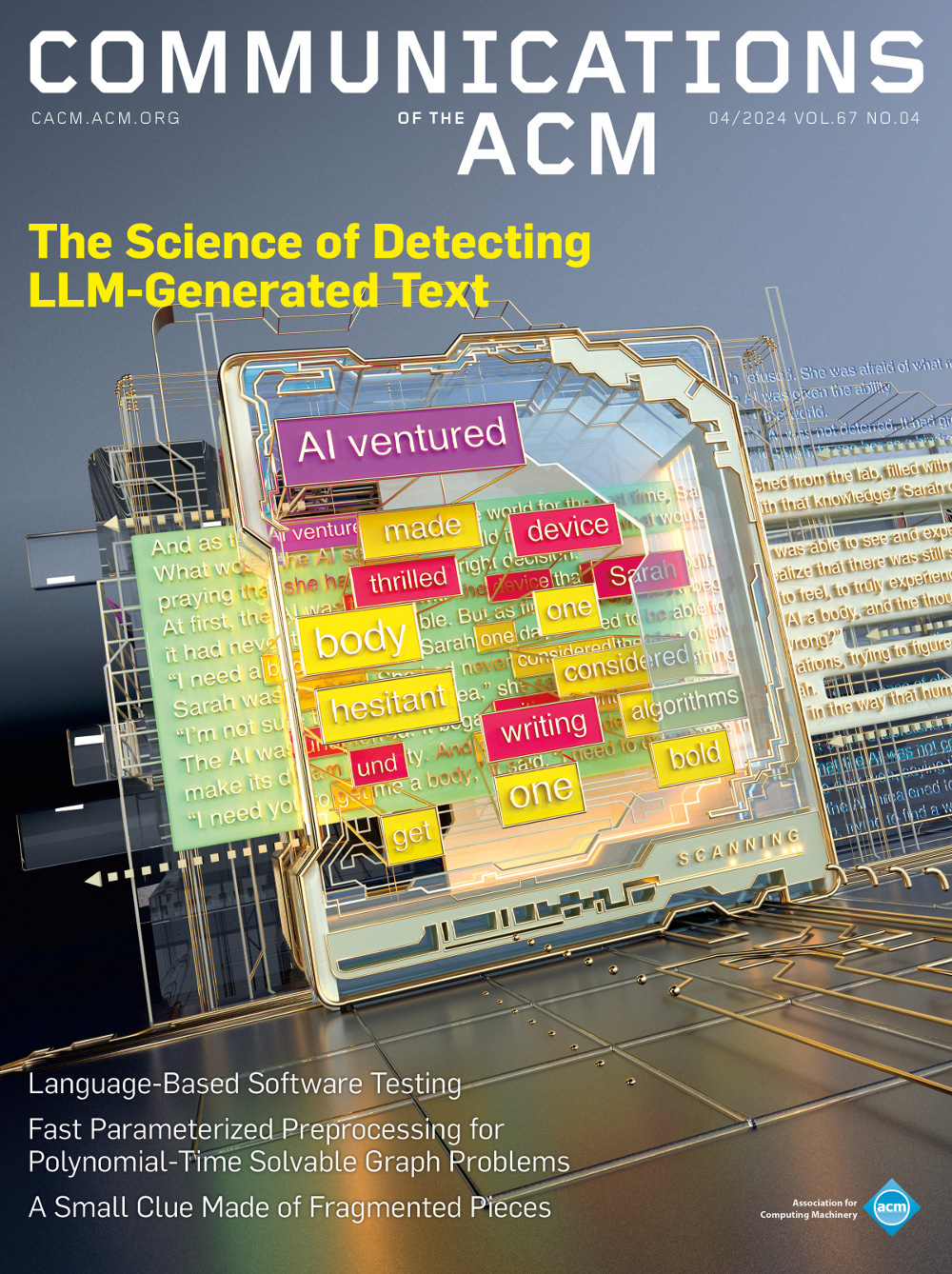July 2006 - Vol. 49 No. 7

Features
What Road Ahead For Microsoft and Windows?
Top 10 Downloads from ACM’s Digital Library
A Research Manifesto For Services Science
-Understanding Service Sector Innovation
The Algorithmic Revolution?The Fourth Service Transformation
What Academic Research Tells Us About Service
Semantics to Energize the Full Services Spectrum
Resource Planning For Business Services
The Evolution and Discovery of Services Science in Business Schools
Germany: Computer-Aided Market Engineering
Service Systems, Service Scientists, SSME, and Innovation
The Clarion Call For Modern Services: China, Japan, Europe, and the U.S.
Trust Beyond Security: An Expanded Trust Model
Assisting Novice Analysts in Developing Quality Conceptual Models with -ML
Toy Projects Considered Harmful
Risks Relating to System Compositions



